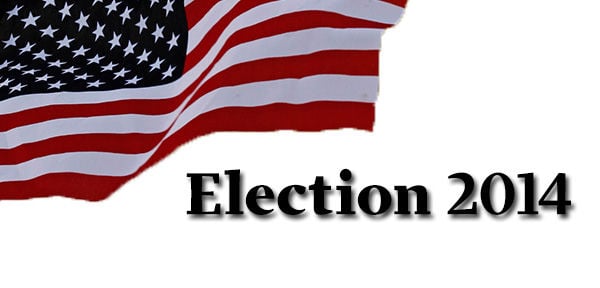PHOENIX — Badly trounced at the ballot box two years ago, former Phoenix Mayor Paul Johnson is crafting a new initiative to eliminate partisan elections in Arizona.
Like the plan rejected in 2012, the new proposal Johnson is preparing for the 2016 ballot would have all candidates run in a wide-open primary. Then the top-two vote-getters in each race would face off in the general election, regardless of party affiliation.
That would affect virtually all elections, including county, legislative and statewide offices, as well as members of Congress. It also would overrule the current system in Tucson, the lone city in Arizona which has kept partisan local races.
Only presidential races would be exempt.
Johnson said the two major parties rig the system to suppress independent voters, who he believes are more moderate politically than those who remain party faithfuls. And he said the partisan control is not blunted by the fact independents, who outnumber both Democrats and Republicans, can vote in partisan primaries.
He also argues it means primary candidates need to appeal to voters of all stripes to survive the first race, rather than simply catering to the views of those in their own party.
This is the second go-round for Johnson, who got a virtually identical plan on the ballot in 2012 only to have Proposition 121 rejected by a 2-1 margin.
But Johnson said that measure was flawed: While all candidates would run against all others, contenders could still list their party affiliations on the ballot. He said that drew concerns from some that voters in the general election would end up facing a ballot listing two Democrats or two Republicans.
So this time, the measure will have candidates listed by name only, “exactly like the cities.”
Whether that satisfies foes, however, remains to be seen.
Johnson conceded that, even in cities with what are supposed to be nonpartisan races, party affiliation often becomes apparent.
It was clear, for example, that Johnson was a registered Democrat when he ran for Phoenix City Council, and later when he was elected mayor. Johnson subsequently ran for governor as a Democrat, losing to Republican Jane Hull in 1998.
And Johnson, who has since registered as independent, said he’s not trying to say that people need to shed their political labels when running, or should not belong to parties if they want.
But he said removing those labels from the ballot will make a difference.
“What we want is for people to make a decision based on the merit of the candidate,” he said, not on party labels.
Johnson blamed the 2012 defeat, at least in part, on “dark money.”
A group called Americans for Responsible Leadership put up more than $600,000 to defeat the initiative. The ultimate source of those dollars was never disclosed. But the group, run in 2012 by former Arizona House Speaker Kirk Adams, has links to conservative billionaires David and Charles Koch.
But Johnson, whose Pro-121 committee spent $1.8 million, had problems which went deeper than that, with even the League of Women Voters of Arizona in opposition.
Barbara Klein, the organization’s Arizona president at the time, said during the campaign she agrees the current system leaves independents at a disadvantage, something that might be aided by an open primary.
But she said Proposition 121 would not help independents and minor party candidates “unless they’re very wealthy or extremely well connected.” And Klein said she believes such a radical change will actually reduce the ability of these minority voices to get heard.
By law, Johnson and his allies cannot start circulating petitions until after this year’s general election.
The number of signatures will be set at 15 percent of those who vote in this year’s gubernatorial race, a goal likely to approach 300,000.





